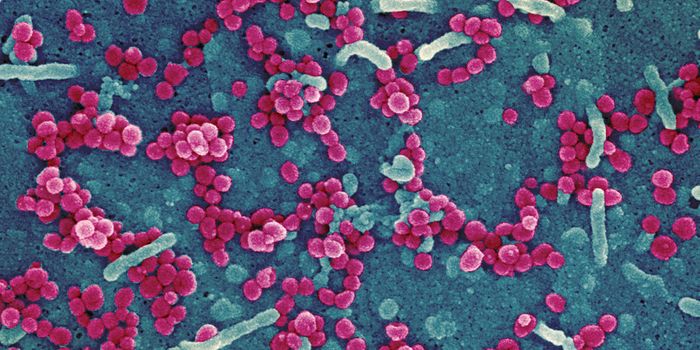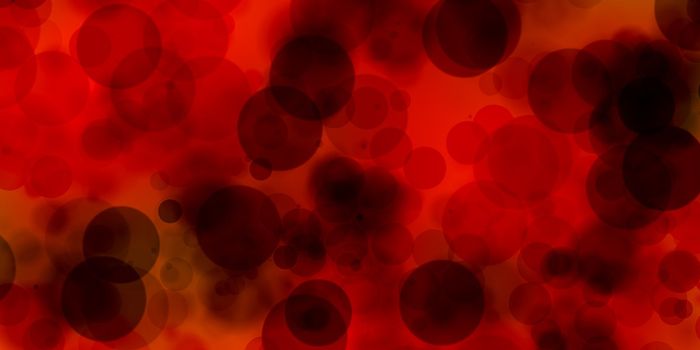Cancer Treatment Efficacy is Not Dependent on Age
Our immune systems build as we grow and reach young adulthood. Exposure to various pathogens drives immune response and develops immune memory which can target similar diseases we come across in the future. However, as we get older, our health slowly declines. Cells lose their ‘fitness’ and lose the ability to carry out daily functions. As aged individuals progress, they become immunocompromised with less cell reactivity when exposed to disease and infection. Pathogens which normally would have gone unnoticed become deleterious to the body.
The process of aging has been a research topic for decades. Specifically, aging on a cellular level has kept scientists busy trying to understand the implications and what that means for disease treatments. Cancer is known as the disease of aging because as we age, cancer-causing mutations are more likely to occur in cells. However, since immune cell function is dysregulated as we get older, immunotherapy for aged patients with cancer could have limited efficacy. Consequently, scientists are determined to understand the relationship between immunotherapeutic efficacy and aging.
A recent study in Nature Communications, by Dr. Daniel Zabransky and others, found that older cancer patients respond just as well as younger patients to immunotherapy. Zabransky is a physician-scientist and Assistant Professor of Oncology at the Johns Hopkins School of Medicine. His work focuses on pancreatic cancer and developing novel therapeutic strategies to target hard-to-treat tumors.
Most solid tumor cases occur in patients 65-years or older and tend to have worse prognostic outcomes. Therefore, Zabranksy and his team wanted to understand if immunotherapy is stronger in young or older individuals. Researchers believe that immune system-boosting drugs that are meant to improve cell function, could be less effective in aged, immunocompromised, cancer patients.
The type of immunotherapy investigated are known as immune checkpoint inhibitors which act on immune cell markers. In this case, immune cells express surface markers that help them function. However, cancer cells use their own surface markers to bind to the immune cells and limit immune cell activity. Checkpoint inhibitors block this interaction so immune cells can regain their function and target the tumor.
Researchers collected blood samples from roughly 100 patients that are being treated with immune checkpoint inhibitors. Half of the blood samples came from patients 65-years old or older. Interestingly, both groups benefited from the immunotherapy. However, researchers found that the immune cell response was different between groups. In aged individuals’ specific immune cells known to identify and eliminate tumors, referred to as T cells, were found to be less likely to activate when exposed to cancer. Surprisingly, Zabransky and others state this could benefit patients and enhance immune response when treated with immune checkpoint inhibition.
Zabransky and others determined that immunotherapy is as effective among aged patients with cancer compared to younger patients. Specifically, their work demonstrates that current therapy regimens for age patients is the best cancer treatment option. Moving forward, the team wants to analyze the tumor from patients treated with immunotherapy and see whether T cells function similarly between age groups. They hope to understand age-related immune response changes to improve personalized medicine and enhance current cancer treatments.
Study, Nature Communications, Daniel Zabransky, Johns Hopkins School of Medicine







